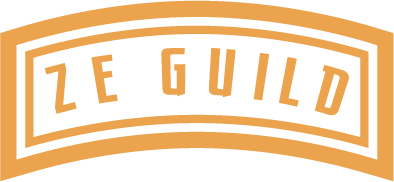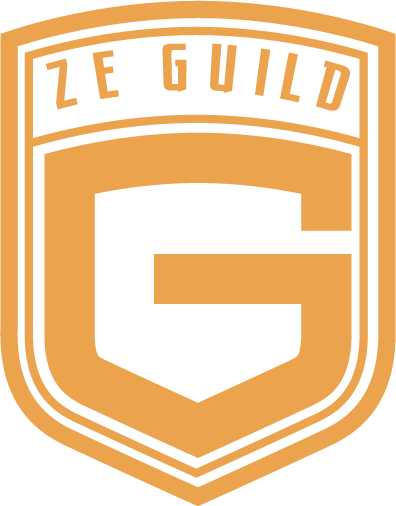Remote work has become the norm in the tech world. However, effectively managing a remote development team remains a strategic challenge. What are the essential tools to maintain performance, collaboration, and motivation? Here’s a comprehensive overview, enhanced by insights from ZeGuild, the platform that helps startups embrace intelligent and human-centred remote work.
💡 Remote management: A new playing field
Since 2020, the remote work model has moved from the margins to become the backbone of work in tech. According to the Remote Work Report 2021, 82% of respondents stated that remote work is the future of work. But while the benefits are numerous (freedom, focus, cost reduction), they impose new management rules. 👉 The key to this transformation? A toolstack designed for collective performance, autonomy, and humanity. Without coffee machines or open spaces, your digital ecosystem becomes your office.
📣 1. Communication: Clarity, structure, and intelligent presence
- Slack & Discord: Ongoing conversation
Slack remains the standard for remote companies. Its thematic channels, integrations (GitHub, Notion, Jira…), and bots enable refined management of exchanges. Discord, on the other hand, attracts tech teams with its more fluid tone, native voice management, and community culture. The key isn’t the quantity of communication, but its relevance: knowing when and how to exchange effectively.
- Zoom & Google Meet: Video conferencing in moderation
Video meetings should not become a trap. Used sparingly, they strengthen bonds, facilitate product demos or one-to-one interviews.
Best practices:
- Limit meetings to 30-45 minutes
- Always share an agenda
- Prioritize asynchronous meetings whenever possible
🧭 2. Project management: Track, without micromanaging
- Jira & Linear: Agile vision, smooth management
Jira dominates in large tech teams: sprints, backlogs, burndown charts… it’s the reference tool for structured management. Linear, more streamlined, appeals to startups with its fast and elegant UX.
- Notion: Documentation, roadmap, and all-in-one collaboration
Notion has become the digital brain of many teams. It allows you to document, plan, and centralise all the information: product documentation, developer guidelines, onboarding, quarterly objectives…
🧑💻 3. Code collaboration: Building together, remotely
- GitHub & GitLab: The foundations of distributed development
Repos, branches, pull requests, CI/CD: these platforms are essential for maintaining code quality and traceability, even thousands of miles away.
- CodeTogether & Live Share: Next-generation pair programming
These tools allow developers to code together in real time, on the same file, with a seamless local environment share. They are perfect for onboarding or critical debugging phases.
🌱 4. Performance & well-being tracking: Keeping the human connection
15Five, Officevibe: Taking the team’s pulse
These tools allow sending anonymous micro-surveys every week. The result: a living barometer of motivation, stress, or need for support. A good remote manager doesn’t just oversee productivity; they prevent isolation and mental burnout.
Building a remote team by design is possible
This is where ZeGuild plays a strategic role. Unlike generalist platforms, ZeGuild doesn’t just connect freelancers or remote-ready developers. It selects experienced profiles trained on autonomy, product communication, and asynchronous collaboration.
Each profile is therefore assessed on:
- Their ability to work without supervision
- Their sense of responsibility
- Their comfort in startup environments
🔐 5. Security and confidentiality: Protecting without slowing down
- 1Password, Bitwarden: Simplified access management
No more passwords for shared documents. These tools enable you to manage remote access in complete security, with clearly defined rights for each employee.
- VPN & SSO: Locking access to sensitive environments
Solutions like NordLayer, Perimeter 81, or Okta enable the creation of secure connections to servers, databases, or internal tools, even from multiple countries.
🧩 Conclusion: A well-thought-out stack for a well-supported team
Managing a remote development team is no longer an exception; it’s a core competency of modern tech management. And like any competency, it relies on two pillars: the right tools and the right people. With a coherent stack – communication, management, code, well-being, security – you create an ecosystem conducive to sustainable performance. With the right partners, you’re not just recruiting remotely: you’re building a real team, united, engaged, and shaped for growth.
🎯 Key reminder: Tools don’t replace humans. But when chosen wisely, they unleash collective intelligence.



